
Jobs are changing, routines are shifting, and machines are making more decisions than ever before. As AI becomes part of everyday life, it’s quietly reshaping how people work and interact. This shift isn’t just about technology—it’s about values and the way society adapts. Take a closer look at how AI is influencing the world around us and what that means for the future.
AI-Powered Hiring Replaces Traditional Resumes

Forget writing cover letters; your future job now depends on how you ace a gamified assessment. A new algorithm evaluates video interviews by analyzing your eye movements and emotional tone. This often leads to filtered candidates before a person even sees them.
Personalized Education Algorithms Reshape Classrooms
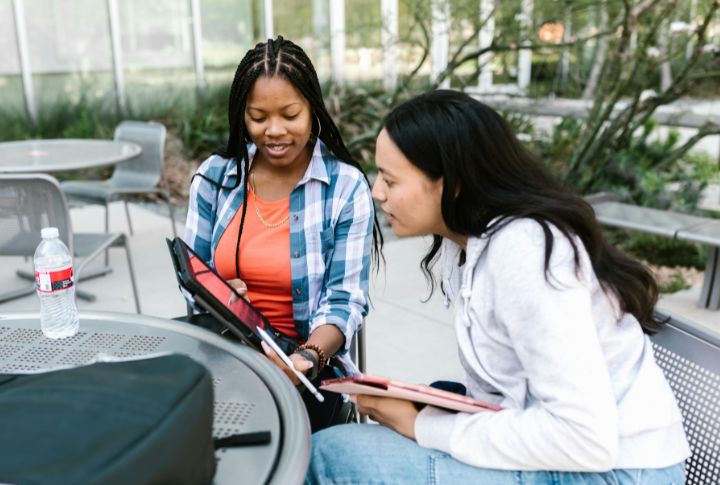
AI-driven personalized learning is reshaping the way students experience school. Lessons adapt to each student’s needs, and give teachers space to nurture growth and well-being. By tracking learning patterns, algorithms can forecast career directions and change how students prepare for an automated future.
Autonomous Delivery Fleets Redefine Logistics Jobs
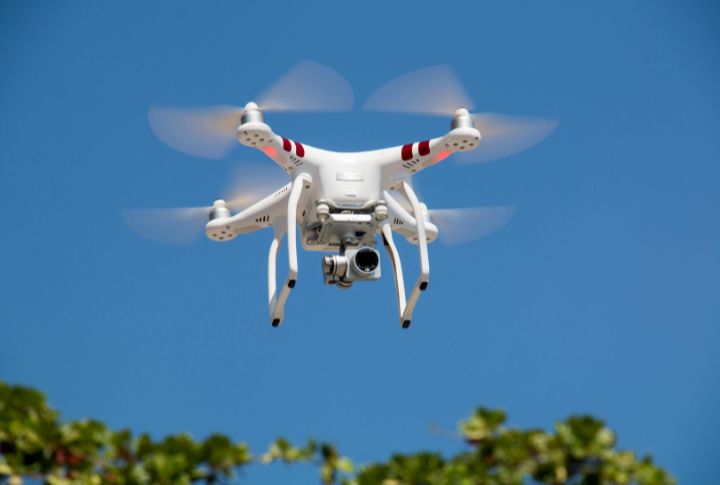
A drone may soon deliver your dinner, as Chipotle tests drops with Zipline. Small robots are already rolling down curbs to reach doorsteps, and humans monitor their paths from afar. The fleets deter theft with built-in cameras, and city traffic is now rewired to prioritize their driverless lanes.
Smart Cities Use AI To Predict Crime Before It Happens
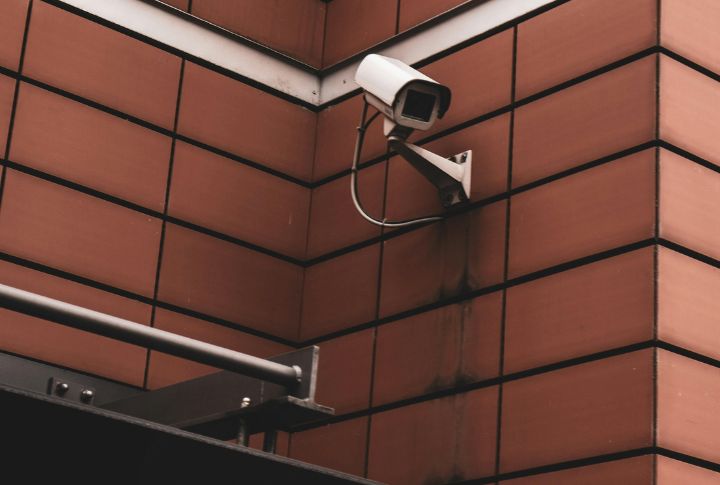
In places like Los Angeles, Singapore, London, and Amsterdam, streets with unusual movement patterns automatically trigger more police patrols. Cameras and sensors notice when a street gets too busy or when someone acts strangely. The system then tells police to check the area or change the lights and signs. Sometimes, even your online profile can decide if you get stopped.
AI-Curated News Bubbles Influence Public Opinion

Newsfeeds powered by AI adapt to your emotions as much as your clicks. They deliver headlines that confirm your worldview while rolling out storylines within hours. This constant reinforcement shapes conversations into isolated bubbles where repetition, not evidence, builds trust.
Emotional AI Becomes The New Customer Service Standard
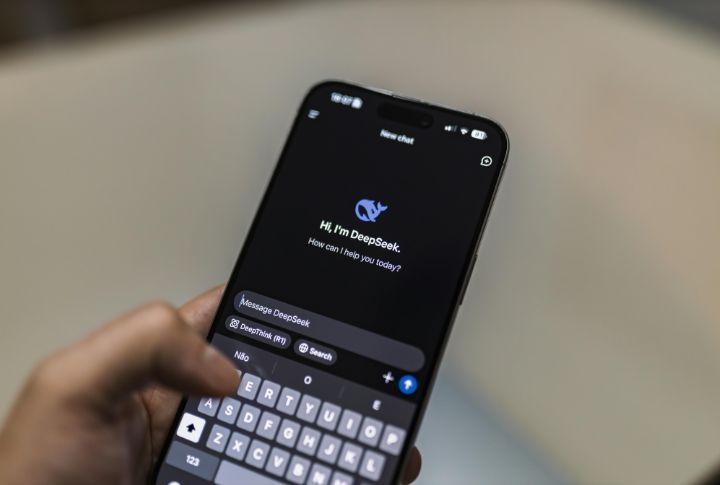
Emotional AI is reshaping customer service by responding to more than just your words. A slight change in pitch can trigger an escalation before you even ask, and bots echo your frustration with uncanny precision. At the same time, human agents receive real-time prompts from AI.
Hyper-Automated Factories Operate With Minimal Human Input
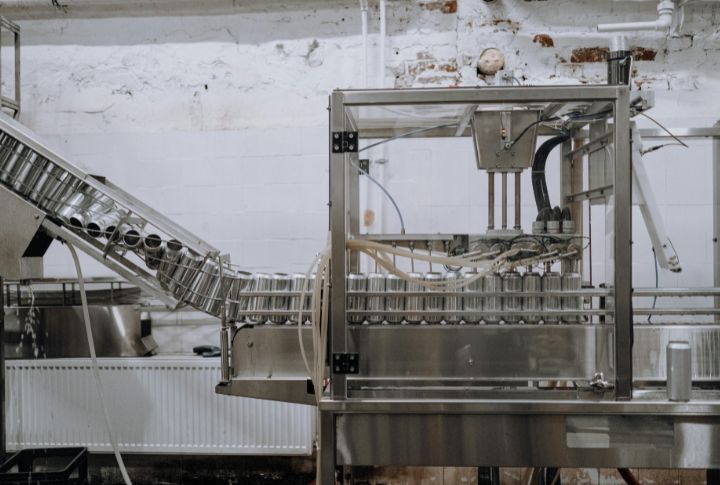
Machines now check their own health and order their own replacements. Raw materials flow in, and finished goods flow out with no human touch; in fact, a single technician oversees an entire plant from a tablet. Problems are anticipated and resolved before anyone is even alerted.
AI-Generated Content Floods Digital Entertainment
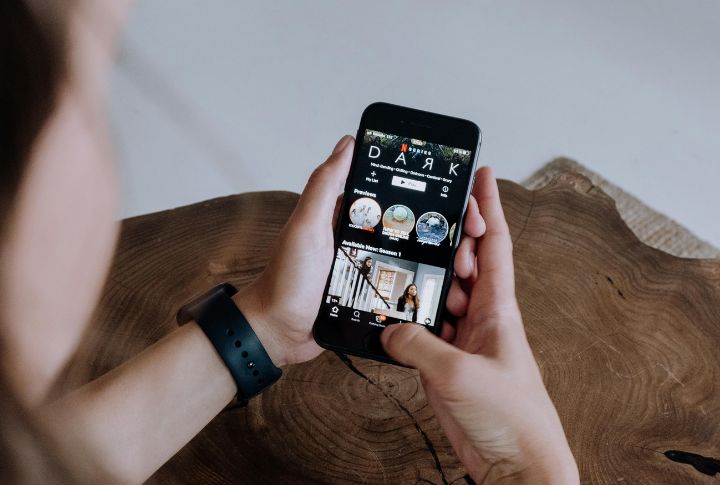
Today’s entertainment scene includes AI generating content based on patterns, not original creative thought. AI hosts conduct livestreams with entirely generated personalities as custom novels arrive chapter by chapter and adapt to your feedback. This is leading to viewers falling in love with actors who never existed.
Predictive Healthcare Systems Detect Illness Before Symptoms

Your bright ring can signal your physician before you even know you’re sick. Health dashboards alert you to rest days based on subtle changes, and family members are notified when something feels “off” in your baseline. Checkups have become algorithmic conversations, with doctors serving as interpreters.
Algorithmic Trading Dominates Global Financial Markets

Financial decisions now unfold in milliseconds, triggered by patterns in global chatter. Investment firms craft algorithms rather than pitches, which then alters the role of emotion—unless it’s programmed in. Even headlines now cater to trading bots, leaving financial markets increasingly stripped of human touch.
